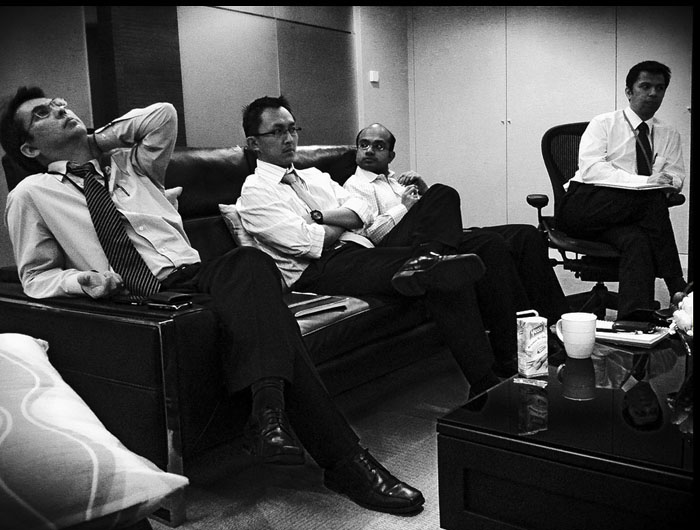Your Boring Meeting Is Costing You a Lot of Money
By The A Group
Every meeting has costs and benefits. Successful organizations realize that while meetings are important, they can also be a waste of time and with it, a waste of money. Sometimes a lot of money. Not long ago I found myself in an all-day meeting with a group of 10 senior staff members of a church. We were together for almost 8 hours. That was not necessary. The meeting should have lasted 3 hours, and they only needed 4 of the 10 people there. Then I did something I had never done before, even in all my years of ministry. I tried to figure out just how much that meeting had cost the church in salaries alone. By my estimates those 8 hours cost around $4,000, not including my fees as well as lunch. How would we conduct meetings if we had a "money clock" running with a total cost for each minute cost on the wall? Here's some strategies I like to use to keep from wasting money:
Clear agenda and clear objectives. People need to know not only the subject of the meeting but what we want to get accomplish. Be specific: we want to have a final time line and approve the budget.
Only the right people. Sometimes you need to bring the entire team together for a global reason. Way too often, however, people sit in meetings where only a very small part of the agenda pertains to them. Start with the agenda items relevant to everyone in the room and dismiss people as the discussion gets narrower.
A stand up meeting. Some decisions can be done quickly. A stand up meeting is a great way to bring a group together fast, get o the point and disband. For some reason sit down meetings are at least 30 minutes long. A stand up meeting usually lasts 5.
No verbal processing. Some leaders are verbal processors. They need to "talk it out" until they come to clarity. That's ok, but don't do it with your entire team unless you need specific input from them. It's expensive and exhaustive. I've worked with leaders who were not as interested in their teams input as they were in talking through the issues themselves. You need to find a better outlet, if that's how you're wired.
What other strategies do you know to keep your meetings on track?













